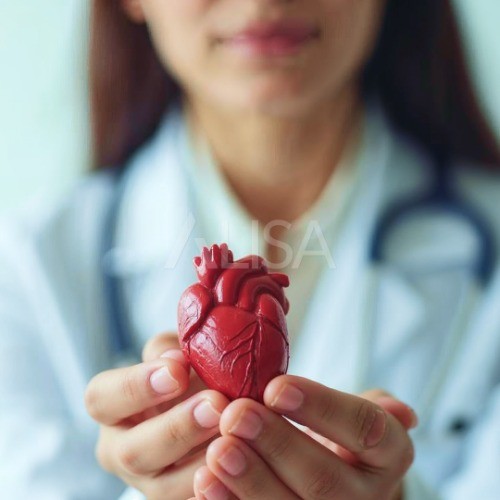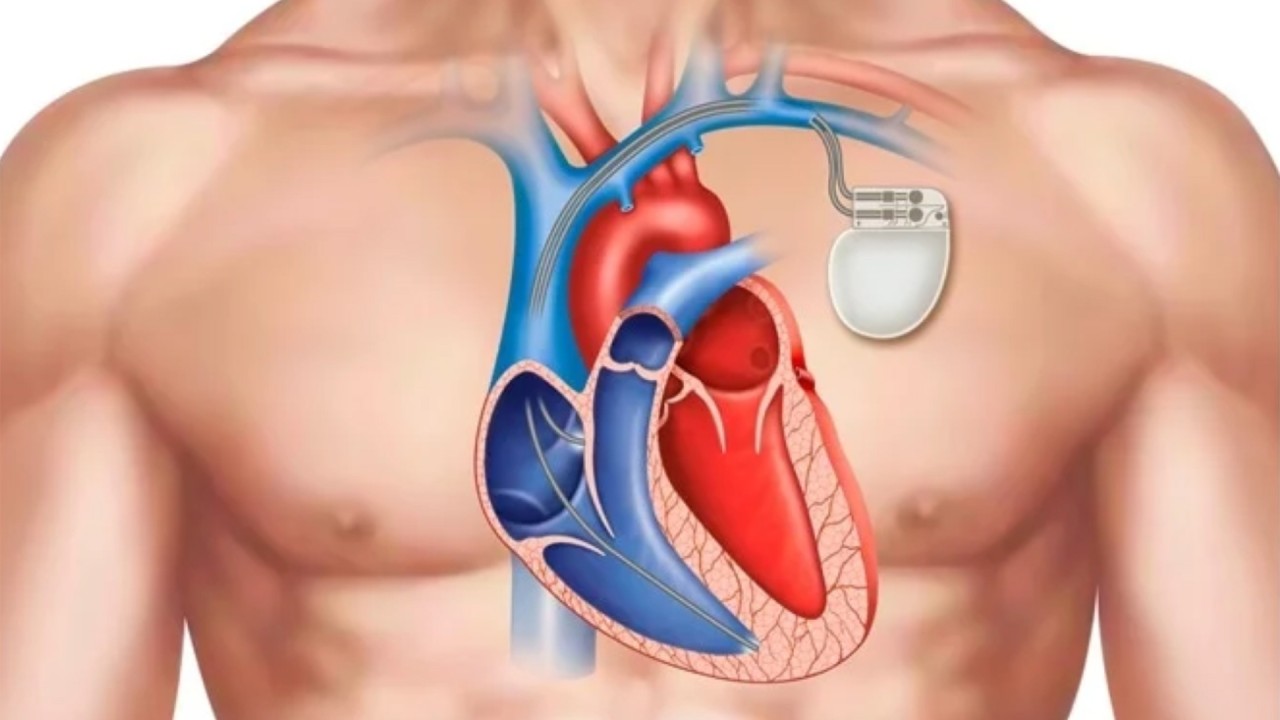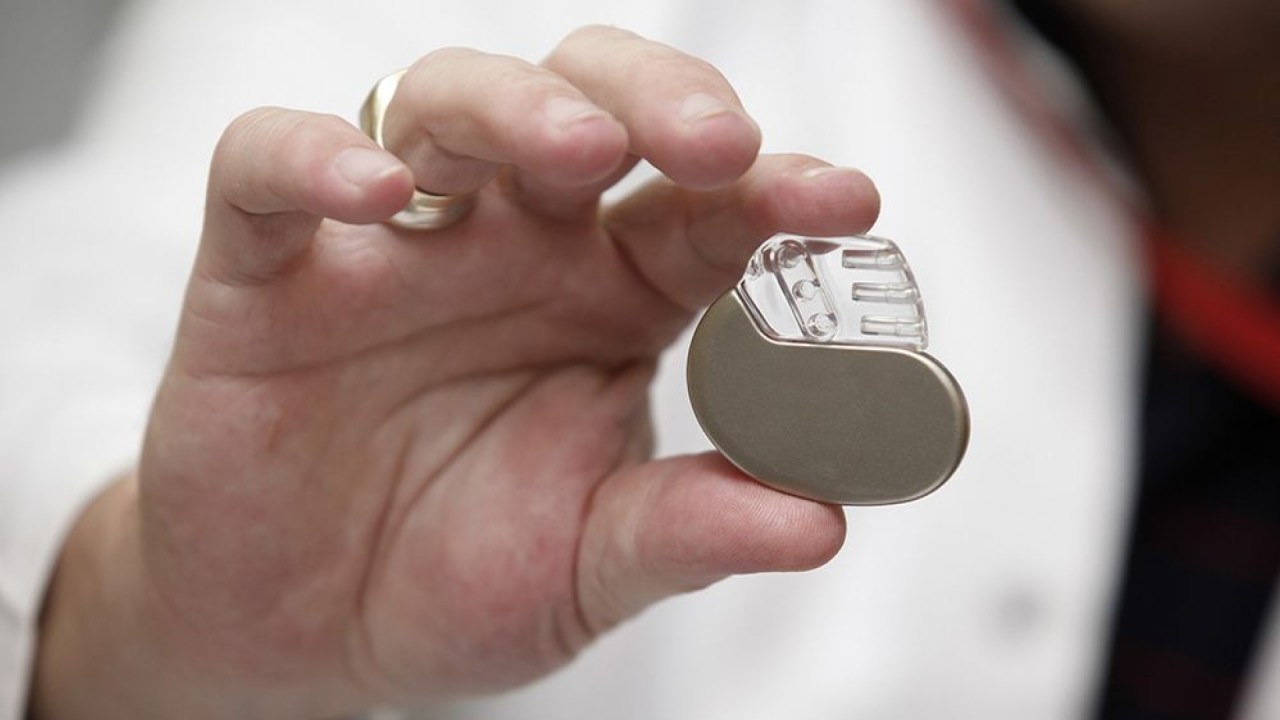Pacemaker Implantation. Prof. Hasan Turhan. ISU Liv Hospital Bahcesehir
👨⚕️ Doctor consultation
🩸 Blood tests, cardiogram and other tests to assess general health condition
🩺 Procedure
🏥 Hospitalization - 1-3 nights with special nutrition
🛏 Accommodation for one accompanying person in the patient's room
💊 Necessary medications after surgery
🗣 Professional medical interpreter support at all stages
🚘 VIP transfer (airport – hotel – clinic – airport)
☎️ 24/7 patient support
👩🏼💼 Consultation on rehabilitation and further action plan after examination
Every aspect of the facility reflects Istinye University’s academic approach and high standards of care. Equipped with state-of-the-art technological infrastructure
Take control of your heart with pacemaker implantation!
Your heart deserves the best care!
If you or a loved one suffer from bradycardia, atrioventricular block, or other heart rhythm disorders, pacemaker implantation can be the solution that changes your life for the better. Our highly qualified specialists offer advanced methods for implanting single- and dual-chamber pacemakers, ensuring reliability and comfort.
Pacemaker implantation (single- and dual-chamber) is a surgical procedure where a device called a pacemaker is implanted into the patient's body to regulate heart rhythm. Pacemakers are used to treat various types of arrhythmias, such as bradycardia (slow heart rate), atrioventricular block, and other heart conduction disorders.
There are several types of pacemakers
1. Single-chamber pacemaker
- Has one electrode line, usually inserted into the right ventricle of the heart
- Used to stimulate only one chamber of the heart, typically the right ventricle
- Suitable for patients with bradycardia or atrioventricular block when only the ventricle needs to be stimulated
2. Dual-chamber pacemaker
- Has two electrode lines: one for the right atrium and one for the right ventricle
- Allows synchronization of the atria and ventricles, providing more physiological stimulation of the heart
- Suitable for patients with conduction disorders when coordination between the atria and ventricles is necessary
Preparation for such a complex operation, which requires great experience and professionalism from doctors, is essential.
The patient undergoes a preliminary examination, including an electrocardiogram (ECG), echocardiography, and other necessary tests. The procedure is usually performed under local anesthesia with sedation.
The surgeon makes a small incision in the clavicle area, usually on the left side. The electrode lines are inserted through a vein (usually the subclavian vein) and advanced to the heart under X-ray control. The electrodes are fixed in the atrium and/or ventricle.
The pacemaker is connected to the electrodes and placed in a subcutaneous pocket created under the incision.
The patient remains in the hospital under observation for several days. The pacemaker's operation and the patient's condition are monitored. The patient is given recommendations for wound care and restrictions on physical activity.
Benefits of pacemaker Implantation
- Improved quality of life: Normalization of heart rhythm allows you to return to an active life without fear of fainting and other complications
- Reduced risk of complications: The pacemaker helps prevent serious heart diseases and improves overall health
- Physiological stimulation: Dual-chamber pacemakers provide synchronized work of the atria and ventricles, making the heart rhythm more natural
Pacemaker implantation requires constant care and medical supervision
- Regular visits to the cardiologist to check the pacemaker's operation
- Avoiding strong magnetic fields and certain medical procedures, such as MRI, unless approved by the doctor
- Following recommendations for physical activity and lifestyle
Pacemaker implantation is an effective method for treating various heart rhythm disorders and can significantly improve the quality of life for patients.
Don't miss the chance to improve your health!
Contact us today to learn more about pacemaker implantation options and schedule a consultation. Your heart deserves the best care, and we are ready to help you regain control over your life.
In addition to collaborating with leading clinics and experienced doctors, ALISA HEALTH GROUP uses Alisa AI to tailor healthcare facilities to perfectly match your individual needs and preferences. This significantly reduces your time, effort and costs, providing confidence that your health and appearance are entrusted to professionals.
In addition, we take care of all organizational issues — from paperwork and booking to coordinating all stages of the treatment process. This allows our clients to calmly focus on their new look and self-confidence. Our consultants are always ready to answer any of your questions and provide the necessary support, ensuring a comfortable and safe passage of the procedure.




